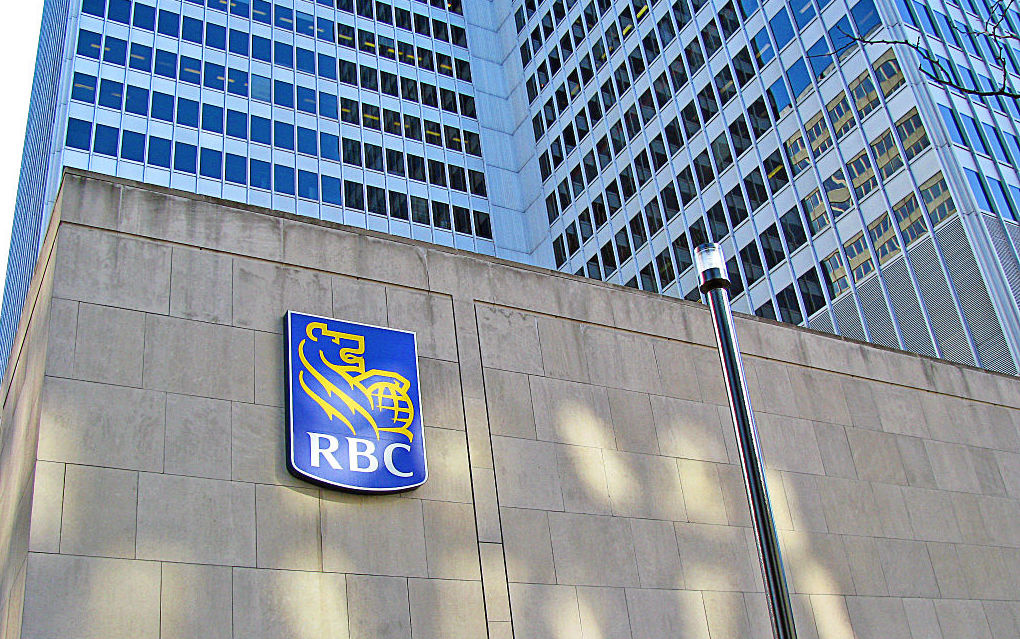Is there a rule somewhere that says that journalists writing about bank profits or bank workers cannot mention the two together?
Quarter after quarter, and year after year, the same paint-by-numbers articles are written about Canada’s largest banks. The story goes like this: the writer starts detailing record profits, moves to an explanation of how there is “turbulence,” “strong headwinds” or “bumpy roads” ahead, a comment or two is thrown in from industry analysts to support the official line of the bank, and voilà! The tidy piece of propaganda has been published.
Rarely, do workers figure into the equation. It’s as if $36 billion in net profits have nothing at all to do with workers.
This trend was bucked earlier in 2017, when the banks’ first quarter results were released at about the same time as a CBC Go Public report about how poorly the Big Banks’ staff are treated. It reminded some journalists that they are allowed to cross the wall between working conditions and corporate profits.
Yesterday, the Royal Bank of Canada announced that it would be cutting 450 jobs, mostly in the Toronto-area. “Canadian banks have been shaving costs in recent years as they strive to grow their earnings amid slowing loan growth at home,” is how the Canadian Press justified the cuts.
What they didn’t mention though, is that in Q2 2017, the Royal Bank netted $2.8 billion. This is up 9 per cent from Q2 results in 2016.
Two-point-eight-goddamned-billion dollars in profit and they are severing the lifelines of 450 families.
The amount of money that 450 full-time staff, working 30 hours per week and 52 weeks per year represents is nothing compared to these record-breaking profits. If we imagine these workers made an average of $15/hour, that’s about $10.5 million dollars gross (payroll taxes not included). Aside: RBC CEO David McKay made $11.52 million in 2016.
These 450 workers are paid about 0.00375 per cent of those net profits. Rather than giving people work, the money will be removed from their personal budgets (what currently goes towards their housing costs, food and maybe a night out from time to time) and go into the pockets of shareholders; shareholders who may spend it, or quite likely, will horde it or hide it, far away from the prying redistributive policies of the Canada Revenue Agency.
RBC has promised to help find these laid-off workers new jobs, but that will be hard, considering that the five major banks operate in lock step with one another. They’re all making record profits while at the same time, all finding way to rid themselves of human dead weight.
In March, CIBC (Q1 2017 profits of $1.4 billion) announced that it was eliminating 130 jobs in Toronto and replacing those workers with workers in India where costs are cheaper. When asked by the CBC if RBC would do the same thing, they insisted they wouldn’t, not since they received backlash for eliminating 45 positions in Canada and outsourcing them to India.
In May 2016, BMO eliminated 1,850 positions. Their 2016 profits were $4.63 billion, a five per cent increase from 2015.
The banks represent the worst of how capitalism operates: incredible profits combined with incredible suffering among current and former workers. As bank workers aren’t unionized, and governments encourage the grotesque pursuit of profits, there is no fair way to force the greediest Canadians to share some of the profits they take and take and take. And the employees are SOL.
It’s here where we see in sharp focus that the unabated pursuit of profits harms Canadians: profits do not create jobs; in fact jobs are eliminated to amass even greater profits. And, as decisions are made at the Altar of Profit, the impact that these cuts have on individuals, their families or their local economies is of no consequence. They simply do not matter.
We are witnessing a massive reorganization of the Canadian state, where extreme greed is venerated and held up as being good, while families and communities struggle to scrape by on meagre salaries, and in housing markets that they are priced out of.
At the very least, Canadians need business journalists to track these trends, to add a modicum of criticism to their coverage and challenge the talking points of bankers and bank analysts.
Because otherwise, how are we to know who to blame for our suffering?
Photo: Henrickson/Wikimedia Commons
Like this article? rabble is reader-supported journalism.




